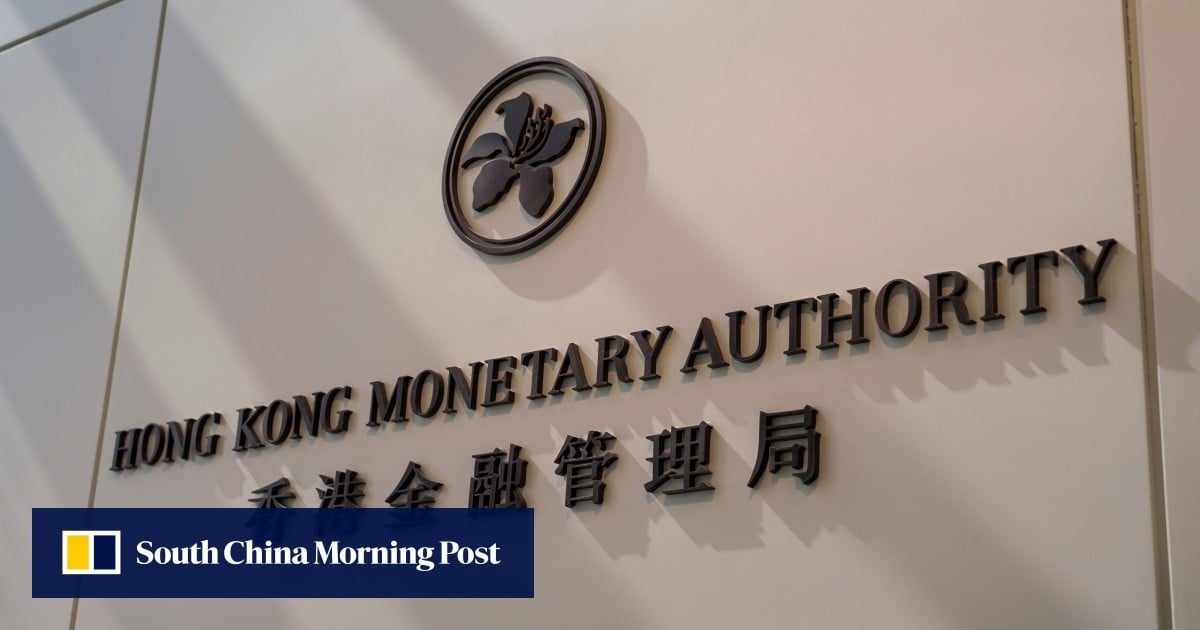
20 Mar HKMA warns public to be vigilant of fraudulent claims by entities saying they are involved in digital currency trials

The Hong Kong Monetary Authority (HKMA) has asked the public to be vigilant of schemes falsely claiming to be involved in its e-HKD pilot projects, as the city conducts a series trials on the feasibility of a central bank digital currency (CBDC) as part of its efforts to become a financial technology hub.
The HKMA has been made aware of entities purporting to have been selected to participate in its e-HKD pilot programme, and which are promoting e-HKD products to attract investments, the regulator said in a statement on Wednesday.
All participating firms in the programme are announced by the HKMA officially, and none of them would solicit funds from the public or offer any investment products associated with e-HKD trials, the city’s de facto central bank said.
The HKMA has reported the cases to the Hong Kong police, it said, and urged victims to contact the force.
Shanghai digital currency tax explainer fans speculation on easing of China’s crypto ban
Shanghai digital currency tax explainer fans speculation on easing of China’s crypto ban
Hong Kong has been exploring the introduction of a digital version of its local currency as part of its Fintech 2025 initiative, which seeks to fast track the city’s financial technology development.
The city launched its first e-HKD pilot programme in May last year, which enlisted 16 companies, including payment services, major banks and blockchain firms, to test how the public could use the digital currency to shop or transfer money.
HSBC, Standard Chartered Bank and Bank of China (Hong Kong) – the city’s three note-issuing banks – Ant Group’s Hong Kong unit Alipay Financial Services (HK) Limited, US blockchain firm Ripple Labs and card network Visa and Mastercard, were among the participants of the retail CBDC trial.
Ant Group is an affiliate of Alibaba Group Holding, owner of the South China Morning Post.
The HKMA completed the trials in October and concluded that while e-HKD could help settle payments faster and be more cost effective for businesses, it was “not yet at the point where a decision can be made to introduce the e-HKD”.
Hong Kong firms will need to gain more experience with the digital currency, and the city needs to find a more compelling use case before a launch timeline could be determined, according to HKMA chief executive Eddie Yue Wai-man.
The HKMA last week launched a second phase of e-HKD trials, with the goal of delving “deeper” to explore “where an e-HKD could add unique value”. Firms hoping to participate in the second phase should submit their application before May 17, the regulator said.
Earlier this month, Hong Kong also launched a pilot programme for the wholesale central bank digital currency (wCBDC), which, instead of targeting retail use, is aimed at creating an interoperable platform that can work with systems created by other central banks for settlement purposes.
